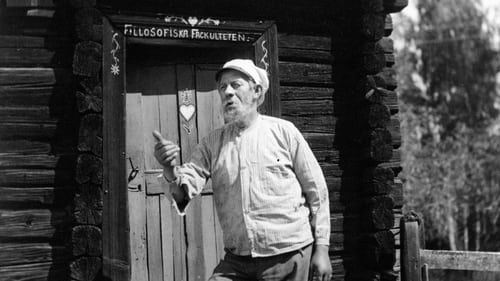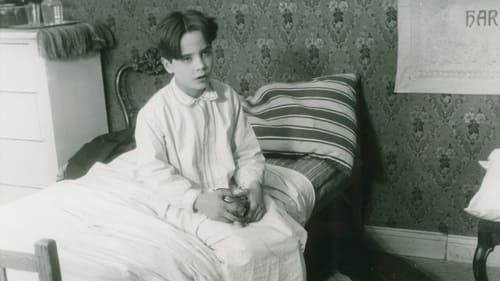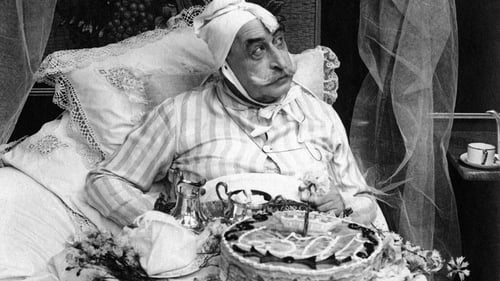
Orphan Didi is raised by her aunts and in love with her ward, the surgeon Dr. Gunnar Green. He is more interested in the stars of the theatre so Didi decides to fight for him.

Based on a Finnish poem, The Kingdom of Rye is a gorgeous romantic drama set in rural northern Sweden during the harvest. It features a young couple whose love affair is fraught with Hardy-esque complications and an unhappily married wife of the landowner.

Kajsa, piga på Berga
The film depicts the life of Charles XII of Sweden who oversaw the expansion of the Swedish Empire until its defeat at the Battle of Poltava. It was the most expensive production in Swedish history when it was made, and inspired a string of large budget Swedish historical films

Mrs. Scholke
Three boys steal a sailboat and sail away for a summer adventure on Lake Mälaren. Based on Sigfrid Siwertz's novel.

Ursula's Maid
At the end of the middle ages, Ursula is accused of having poisoned her own husband. She claims she is innocent, but to prove it, she must submit to a ritual: trial by fire, walking on fire along a path leading directly to a crucifix. A film that has been much commended for the visual creativity shown by the director in successive blending in of images involving Ursula, her husband, the Virgin Mary, and Jesus Christ. Much applauded, also: the performance of Jenny Hasselqvist, thus described by French director René Clair: “We shall never forget her flaming eyes, the severity of her spirit, her abrupt and alarmed expressions, like an animal under threat.”

Karin Daughter of Ingmar is a 1920 Swedish silent drama film directed by Victor Sjöström. It is the second part in Sjöström's large-scale adaption of Selma Lagerlöf's novel Jerusalem, following Sons of Ingmar from the year before, and depicting chapter three and four from the novel. The critical reception was however unenthusiastic and Sjöström decided to not direct any more parts.

Mrs. Enberg
A series of family entanglements develop around the changing will of Roger Bernhuses de Sars (Karl Mantzius), who wants his heritage to go to his illegitimate daughter Blenda (Greta Almroth). But love and fate also plays their cards. One of the most surprising films of Sjöström, close to Stroheim and some of the silent comedies of Lubitsch. Belonging to the golden age of Swedish film, this comedy offers one of the earliest explorations of the relationship between masters and servants on the screen, later developed by French masters like Renoir and Guitry. After acting in the diptych of Thomas Graal, Sjöström shows that he also dominates the “light genre” as director.

Maid
Hämnaren (The Avenger) was made in 1915, and was rediscovered in Berlin in 2001. It begins with a woman named Ester, who is reading a letter and crying. The letter says that a man named George won't marry her, because he knows his father would never allow him to marry a Jewish woman. Ester dies of childbirth, and possibly a broken heart. Her suitor Jakob takes care of her son, who is named Josef, and sends George a note, accusing him of causing her death







